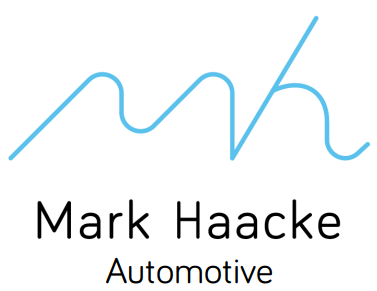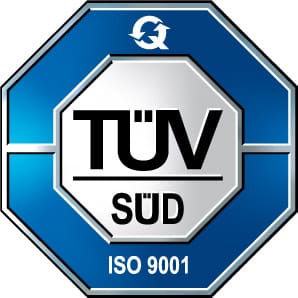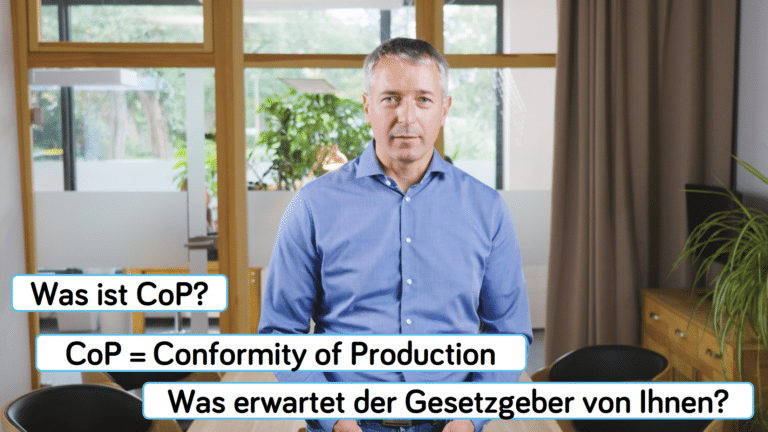How is market surveillance defined?
Every manufacturer, also and in particular those who are also approval holders in this sense, are also obligated to market surveillance in this regard. But what does that mean? What are the obligations associated with it? And from what does this obligation arise?
“Market surveillance means the activities carried out and measures taken by market surveillance authorities to ensure that products comply with the requirements of applicable Union harmonization legislation and to protect the public interest covered by that legislation.”
With this unwieldy definition, the new Regulation 2019/1020 describes what is meant by market surveillance as defined by the regulation. But what is hidden behind this cryptic description?
What is the goal of market surveillance?
Market surveillance refers to the official monitoring of products on a defined market (such as the EU single market) with regard to their compliance with legal standards.
On the one hand, it is intended to ensure that all products on the market comply with the standard applicable to the respective product category and thus serves to protect consumers or customers as well as the environment. On the other hand, compliance with a uniform standard is intended to ensure fair competition among manufacturers active on the market – companies that align their products with the applicable product safety rules and devote resources to this end should not be disadvantaged compared with those that do not take sufficient account of the requirements – according to the motto “It must not pay to break the rules.”
However, even after a product that has been manufactured in compliance with the law has been placed on the market, new hazards may arise. These may necessitate adjustment measures or even a product recall. This necessitates coordinated monitoring of the products on the market and the hazards they pose.
What are the specifications and which source is relevant?
Market surveillance rules, such as the new Regulation 2019/1020/EU, also involve companies by imposing documentation and labeling obligations on them – so ensuring compliance with product safety regulations is not enough for companies. Incidentally, it may be advisable for companies operating on the market to carry out their own product monitoring, also for liability reasons, so that they do not wait until the competent authority has already identified a defect before reacting.
At the European level, in addition to the aforementioned Regulation 2019/1020/EU, Directive 2001/95/EC and Regulations 765/2008/EU and 2018/858/EU provide the framework for market surveillance procedures.
In particular, for manufacturers of vehicles and their attachments, the entry into force of Framework Regulation (EU) 2018/858 “on the approval and market surveillance of motor vehicles and their trailers, and of systems, components and separate technical units intended for such vehicles…” has introduced a market surveillance obligation into the product approval regime that did not exist in this form in the replaced Framework Directive 2007/46/EC.
How can we support?
Learn how to put this commitment into practice in our training program.
Thanks to our well-established team, we can now also offer you market monitoring as a service. Just contact us.


